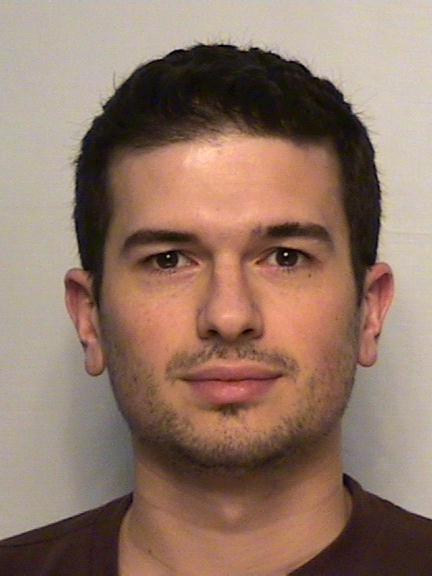CS Colloquium Series @ UCY
Department of Computer Science - University of Cyprus
The Department of Computer Science at the University of Cyprus holds research colloquiums and social hours approximately once weekly. All university students, faculty, and staff are invited to attend. Notifications about new and upcoming events are automatically disseminated to a variety of institutional lists.
If you don't receive these notifications, but want to get informed about upcoming colloquium announcements, you can do the following:
Colloquium Coordinator: Demetris Zeinalipour
Colloquium: On Two Network Measurement Problems: Inferring Autonomous System Relationships and Computing Network Traffic Heavy Hitters, Dr. Xenofontas Dimitropoulos (ETH Zurich, Switzerland), Monday, May 11th, 2009, 11:00 - 12:00 EET.
The Department of Computer Science at the University of Cyprus cordially invites you to the Colloquium entitled:
On Two Network Measurement Problems: Inferring Autonomous System Relationships and Computing Network Traffic Heavy Hitters
 |
Speaker: Dr. Xenofontas Dimitropoulos |
Abstract:
Contractual relationships between Autonomous Systems (AS) affect inter-domain packet routing and shape the evolution and properties of the global AS-level topology of the Internet. In this talk, I will first describe the problem of inferring AS relationships and then will introduce novel inference heuristics finding customer-to-provider, peer-to-peer, and sibling-to-sibling relationships. I will outline validation results based on a survey with network operators showing inference accuracy between 82.8% and 96.5%. Finally, I will discuss an AS relationships repository we have opened to make our results useful for the community where we archive periodically the Internet AS-level topology annotated with inferred AS relationships.
In the second part of the talk, I will switch to discussing the problem of computing network traffic heavy hitters using limited memory resources. I will briefly introduce the IBM Aurora system, which provides the context of our interest and then I will present an algorithm called Probabilistic Lossy Counting (PLC) for finding network traffic heavy hitters. PLC enhances the well-known lossy counting algorithm using on a tighter error bound on the estimated sizes of traffic flows providing probabilistic rather than deterministic guarantees on its accuracy. Performance comparison experiments show that PLC has between 34.4% and 74% lower memory consumption and between 37.9% and 40.5% fewer false positives than other state-of-the-art algorithms.
Short Bio:
Xenofontas Dimitropoulos is a Senior Researcher in the Communication Systems Group (CSG) of ETH and an Associate Tutor in the Open University of Cyprus (OUC). He received a PhD degree in Electrical and Computer Engineering from Georgia Tech. In the past, he was a post-doc in the IBM Zurich Research Laboratory, where he worked in the IBM Aurora traffic flow collector project (now part of the IBM Tivoli suite), and a visiting scholar in the Cooperative Association for Internet Data Analysis (CAIDA). His research interests focus on traffic flow measurements, inter-domain routing, and network simulation. He has had various honors, like leading the graduation oath in his BSc degree for the highest GPA, a Fulbright scholarship, a Marie Curie scholarship, a best paper award, and a best paper nomination.
Sponsor: The CS Colloquium Series is supported by a generous donation from  |